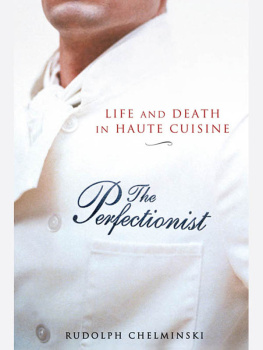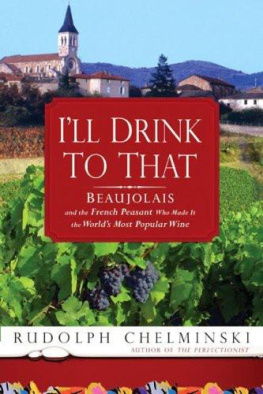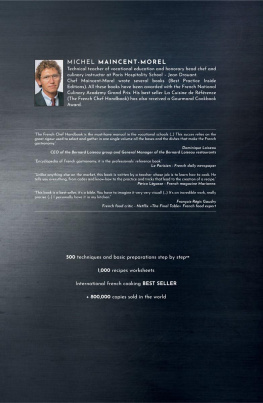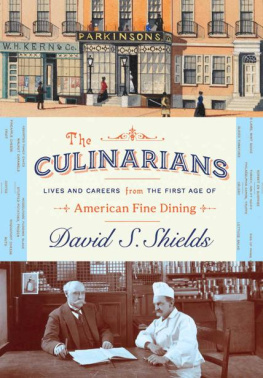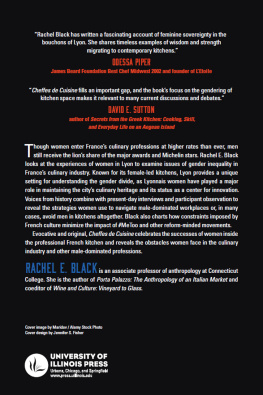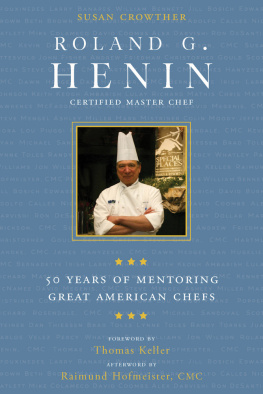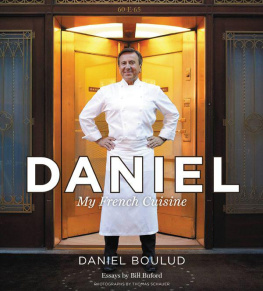GOTHAM BOOKS
Published by Penguin Group (USA) Inc. 375 Hudson Street, New York, New York 10014, U.S.A.
Penguin Group (Canada), 10 Alcorn Avenue, Toronto, Ontario, Canada M4V 3B2 (a division of Pearson Penguin Canada Inc.);
Penguin Books Ltd, 80 Strand, London WC2R 0RL, England;
Penguin Ireland, 25 St Stephens Green, Dublin 2, Ireland (a division of Penguin Books Ltd);
Penguin Group (Australia), 250 Camberwell Road, Camberwell, Victoria 3124, Australia (a division of Pearson Australia Group Pty Ltd);
Penguin Books India Pvt Ltd, 11 Community Centre, Panchsheel Park, New Delhi 110 017, India;
Penguin Group (NZ), cnr Airborne and Rosedale Roads, Albany, Auckland 1310, New Zealand (a division of Pearson New Zealand Ltd);
Penguin Books (South Africa) (Pty) Ltd, 24 Sturdee Avenue, Rosebank, Johannesburg 2196, South Africa
Penguin Books Ltd, Registered Offices: 80 Strand, London WC2R 0RL, England
Published by Gotham Books, a division of Penguin Group (USA) Inc.
First electronic edition, April 2006
1 3 5 7 9 10 8 6 4 2
Copyright 2005 by Rudolph Chelminski
All rights reserved
Gotham Books and the skyscraper logo are trademarks of Penguin Group (USA) Inc.
Library of Congress Cataloging-in-Publication Data
Chelminski, Rudolph.
The perfectionist: life and death in haute cuisine / by Rudolph Chelminski.
p. cm.
ISBN 978-1-1012-1668-2
Set in Electra with Trajan and Shelley Andante Script
Designed by Sabrina Bowers
Without limiting the rights under copyright reserved above, no part of this publication may be reproduced, stored in or introduced into a retrieval system, or transmitted, in any form, or by any means (electronic, mechanical, photocopying, recording, or otherwise), without the prior written permission of both the copyright owner and the above publisher of this book.
The scanning, uploading, and distribution of this book via the Internet or via any other means without the permission of the publisher is illegal and punishable by law. Please purchase only authorized electronic editions, and do not participate in or encourage electronic piracy of copyrighted materials. Your support of the authors rights is appreciated. Making or distributing electronic copies of this book constitutes copyright infringement and could subject the infringer to criminal and civil liability.
www.us.penguingroup.com
This book is of course dedicated to the memory of Bernard Loiseaua man who gave everything he had in pursuit of his dream, was often misunderstood for it, and in the end paid with his life for trying too hard to please too many people all the time. With all due modesty, I also offer his story as an expression of respect and admiration for the thousands of men and women whose talent, energy, and intelligence make France, today still, the worlds epicenter of excellence in the restaurant business. From simplest bistrot to palace, they struggle daily with the same constraints, problems, and pressures that finally proved to be too much for their big, strong, but fragile confrre.


M y first and deepest thanks are owed to Dominique Loiseau, who accepted without reserve my project of a book showing her late husband as I had known him for more than thirty years, with his weaknesses and excesses as well as his incredible energy and the endless warmth of his simple humanity. Dominique spoke of herself, her husband, and their life together with unflinching sincerity. The staff of La Cte dOr made me feel as if I were one of their own, speaking candidly of the boy-man who had been their boss, and to whom they continued to feel a fierce loyalty even after his death. Foremost among them was premier matre dhtel Hubert Couilloud, the rock on whom the entire service side of the house is built. His colleagues Eric Rousseau, Vincent Jousset, and Emmanuel Emonot offered equally precious insights, while Patrick Bertron in the kitchen found the time and patience to explain in minute detail the essence of le style Loiseau , as well as le style Bertron, which has now taken its place. Equally prodigal with help and articulate explanation was Dominiques assistant, Stphanie Gaitey.
Bernards parents, Pierre and Edith Loiseau, graciously received me twice at their home, and his brother Rmy and sister Catherine were equally forthcoming, as was Chantal, his first wife. Claude Verger, his surrogate father in the profession, and Bernard Fabre, his accountant, advisor, and friend, contributed precious character analysis and anecdotes that could not have come from any others associated with him.
Several gastronomic critics and editors of restaurant guides spoke with great eloquence and frankness about their own trade and the other one on which they sit as judges. Foremost were the last four editors of Le Guide Michelin: Andr Trichot, Bernard Naegellen, Derek Brown, and Jean-Luc Naret. Ren Gerbeau, an inspector in the sixties, gave me a fascinating account of life as a monk of gastronomy. Christian Millau, founder of the guide and magazine named after him and Henri Gault, spent an entire day spoon-feeding me a rich menu of his bottomless store of knowledge of food and wine, while Patrick Mayenobe, the latest boss of what remains of GaultMillau , gave a lively, detailed account of the operation today. Franois Simon of Le Figaro never shied from even the most challenging questions concerning his role in the tragedy, and was always helpful and gentlemanly when I came to him for further information. His predecessor on the papers restaurant beat, Michel Piot, was avuncular, forthright, and knowledgeable. Philippe Couderc, the elegant, eloquent dean of restaurant critics, managed to squeeze an entire history semester (Gastronomy 101) into a single lunch. Thanks also to Franois Roboth, Gilles Pudlowski, and Albert Nahmias, all of whom gave of their time, opinions, and memories of Bernard.
In the miscellaneous category (i.e., not directly in the restaurant business themselves) I thank Alain Bories, Jean-Marc Catonn, Christophe Daguin, and Guillaume Potel of Architectes Associs. Thanks as well to Georges Duboeuf, Dr. Ladislas Kiss, Dr. Doron Zeeli, Avital Inbar, Bill Boyd, and Patrice Vappereau, mayor of Saulieu.
Unsurprisingly, Bernards fellow restaurant professionals, especially the chefs, were a particularly rich vein of information. Foremost among them I must cite Pierre Troisgros, who along with his brother Jean took a rawboned teenager from the Auvergne and turned him into a cook. Pierres marvelously keen memories and observations were bolstered by four men who shared apprenticeship with Bernard at Restaurant des Frres Troisgros: Bernard Chirent, Claude Perraudin, Jean Ramet, and Guy Savoy. Paul Bocuse, the idol that Bernard aspired to equal, was witty, intelligent, and perceptive, as usual, and Michel Gurard was a gold mine of historical and professional insights. So many others enlightened me that I would like to give them all three stars, but space here permits nothing more than an alphabetical listing of sincere thanks to: Jean Berteau, Georges Blanc, Michel Bras, Chantal Chagny, Suzanne Chapel, Andr Daguin, Alain Ducasse, Jean Ducloux, Henri Faugeron, Jean Fleury, Pierre Gagnaire, Guillaume Giblin, Jacques Guillo, Philippe Jousse, Jean-Paul Lacombe, Jacques Lameloise, Claude Le Gall, Jean-Michel Lorain, Marc Meneau, Anne-Sophie Pic, Jean-Loup Prvost, Alain Senderens, Claude Terrail, Marc Veyrat, and Roger Verg. Un grand merci tous et toutes .
From the point of view of my own profession, I am indebted to Bill Shinker of Gotham Books for having had faith in this book from the start, and to Lauren Marino and Hilary Terrell for unfailingly sticking with me to see it through to the end. And a final note of thanks to Matthew Guma of Inkwell Management, the guy who was behind this from the very first inkling of an idea. I wish all writers the good luck to have an agent like him.

